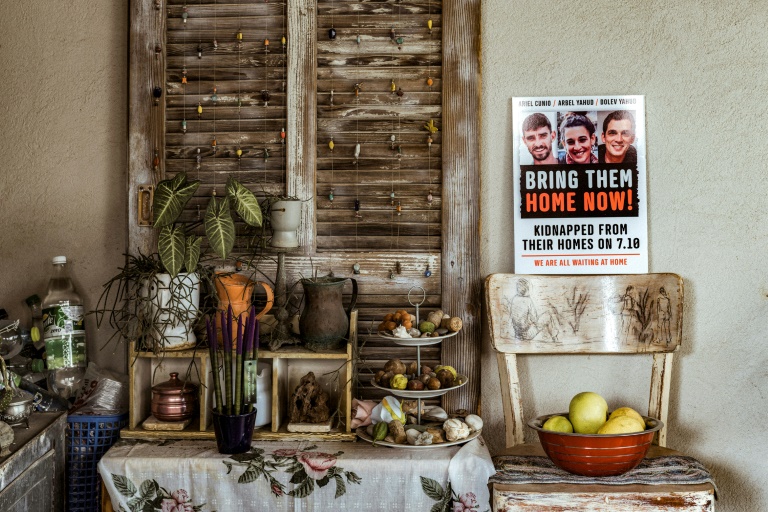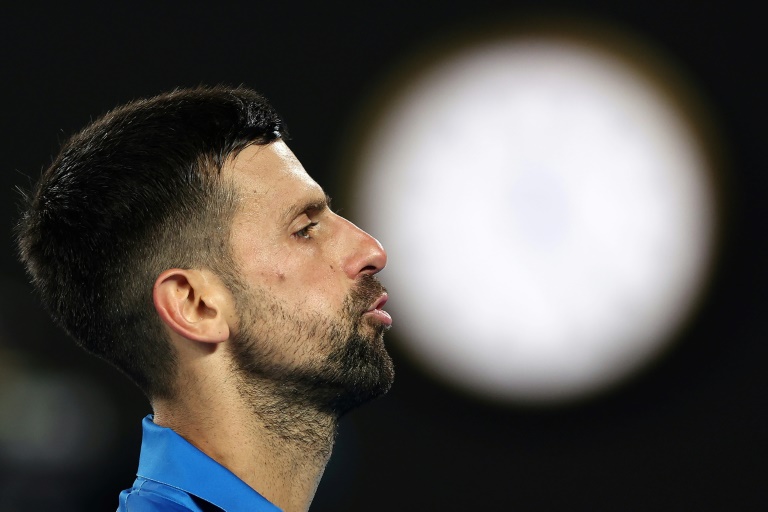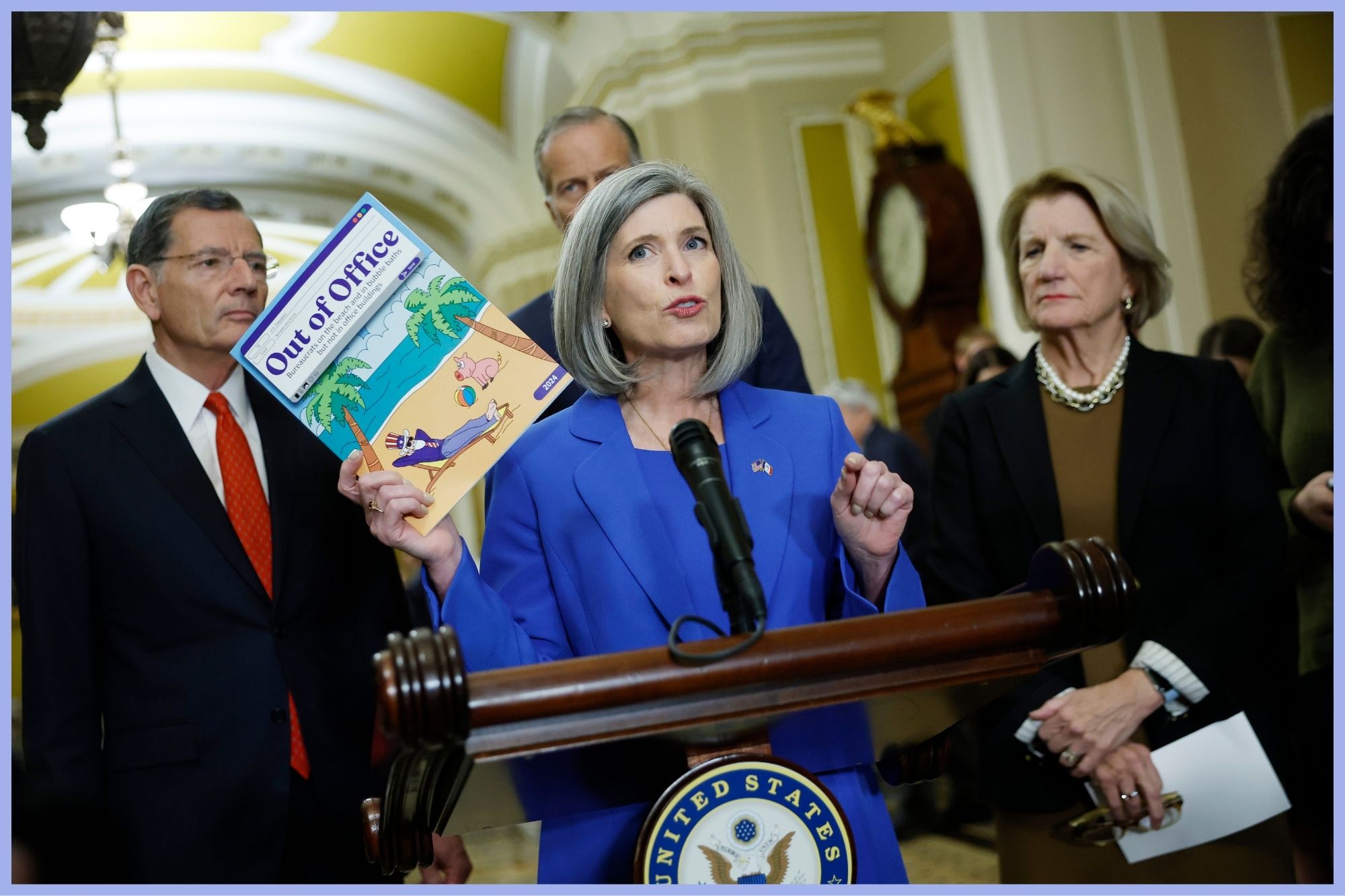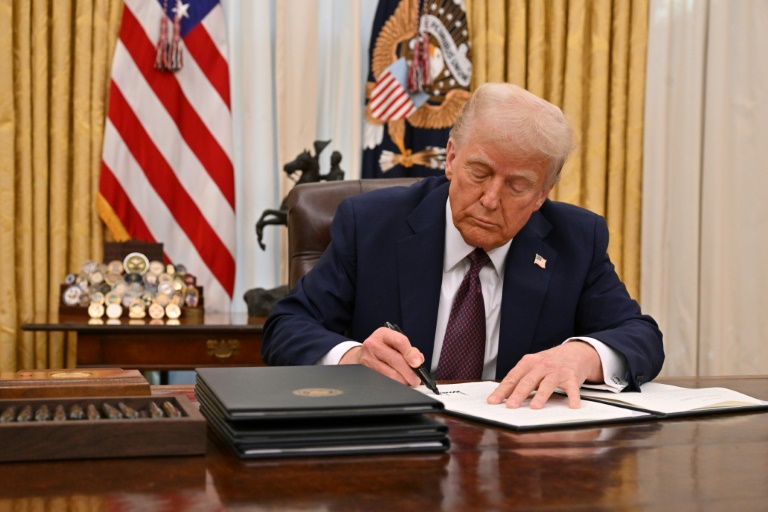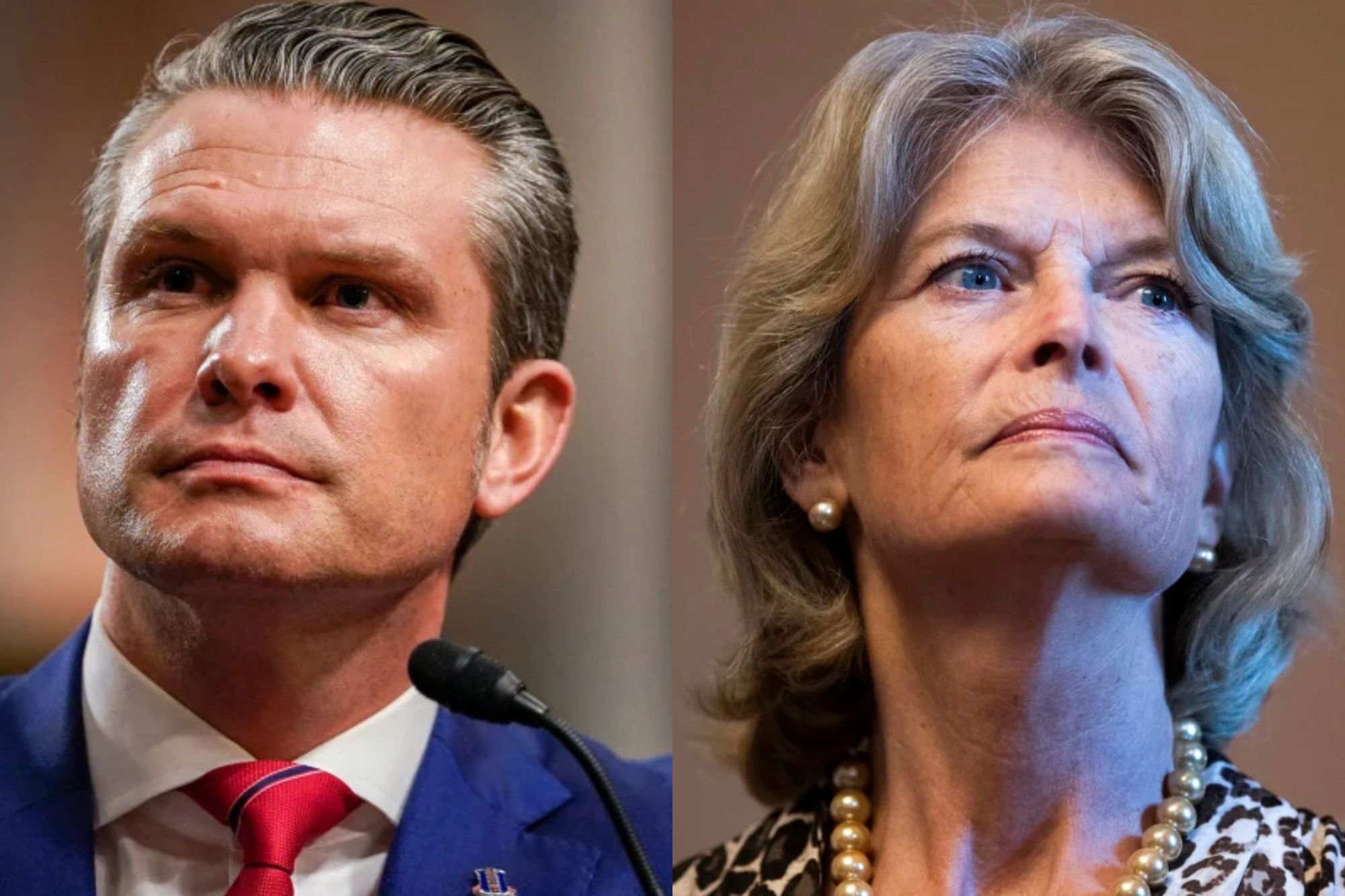The families of Israeli hostages held in Gaza are trapped in limbo, two days before the second prisoner exchange of the Israel-Hamas ceasefire, with many having relatives both on the list to be freed and those who aren’t.
Among them is Silvia Cunio, an Argentine-Israeli from the Nir Oz kibbutz community. She has two sons in captivity, one of whom was taken along with his partner Arbel Yehud.
She is on the list — but the Cunio brothers, David and Ariel, are not.
They are among the 91 hostages taken captive during Hamas’s October 7, 2023, attack and still held in the Gaza Strip. Of that number, 34 are dead according to the Israeli military.
The ceasefire’s 42-day first phase began on Sunday with the release of three women hostages. A total of 33 captives are to be exchanged during the initial phase in return for around 1,900 Palestinian prisoners held in Israeli jails.
Standing in front of the office of Israeli Prime Minister Benjamin Netanyahu in Jerusalem, Cunio demanded that the ceasefire deal continue beyond the first phase to completion so she could see her sons again.
“I came here to say that I continue to fight for my children… to demand that they stop the war and don’t stop fighting for my children”, she said, wearing a T-shirt with their image on it.
Cunio presented herself as an untrammelled optimist, saying that her sons “will come back in good health. That is my hope and it is what keeps me going”.
Whenever she appears on TV, Cunio addresses her sons directly, just in case they might hear her.
“David, my darling, Ariel… I am here, I am fighting, I am doing everything I can. We love you. Be strong. We are here waiting for you.”
Another hostage relative, Sharon Sharabi, has two brothers Eli and Yossi in Gaza. Eli is presumed alive. The Israeli military said early last year that Yossi was dead.
As a man over 50, Eli Sharabi is on the list of 33 to be freed, alongside women, children and hostages who are ill or injured. The release of the remaining 61 people taken by Palestinian militants is dependent on further negotiations.
“As far as we know, Eli is alive. We have not received any statement from the security forces or the (military) confirming that Eli is no longer alive. So we want to maintain this optimism and pray that we will see him on his feet very soon,” said Sharabi.
Moved by the possibility, he allowed himself to imagine a reunion between his nearly octogenarian mother and his brother.
Yet, within moments, anxiety intruded.
If his brother Eli returns, Sharon Sharabi will have to tell him that his wife and two daughters were killed on October 7, 2023, and that their brother Yossi died in captivity.
Yossi and Eli were taken captive from Beeri, a kibbutz community where Eli’s wife and teenage daughters were found dead in their home.
Itzik Horn, 72, also an Argentine-Israeli, has similar contrasting emotions. He hopes for the release of his son Yair, 46, who is on the list of 33 because of his diabetes.
But there is also the pain of his other son, Eitan, 38, remaining in Gaza.
“They cut me in half. This is an impossible situation. One son might be released, and the other one isn’t,” Horn said.
Eitan was visiting his older brother in Nir Oz on October 7, when militants took the two of them hostage.
The kibbutz, less than three kilometres (two miles) from the Gaza border, was hit extremely hard during the Hamas attack. More than 30 people were killed in Nir Oz and 70 taken hostage, with 25 still in the Gaza Strip.
Horn was angry, insisting that “everyone has to return, including the bodies”.
He admitted that dark humour helped him cope with the pain.
“Yair inherited his diabetes from me and he was always mad at me (for it). Now, if he’s freed first because of his illness, he’ll be able to thank me,” he joked.
Asked what he would do if, after the first phase of the ceasefire the war resumed, Horn said: “I’m going to burn the country down… because that’s like signing their death sentence.”
AFP

